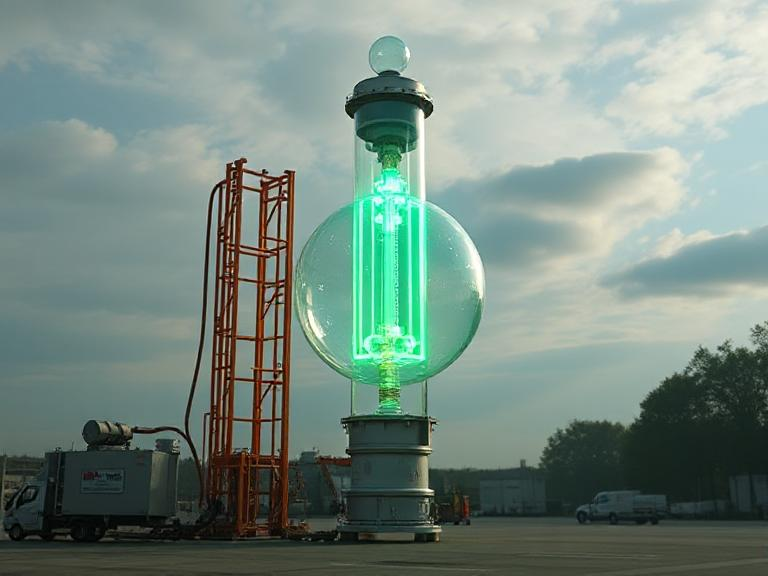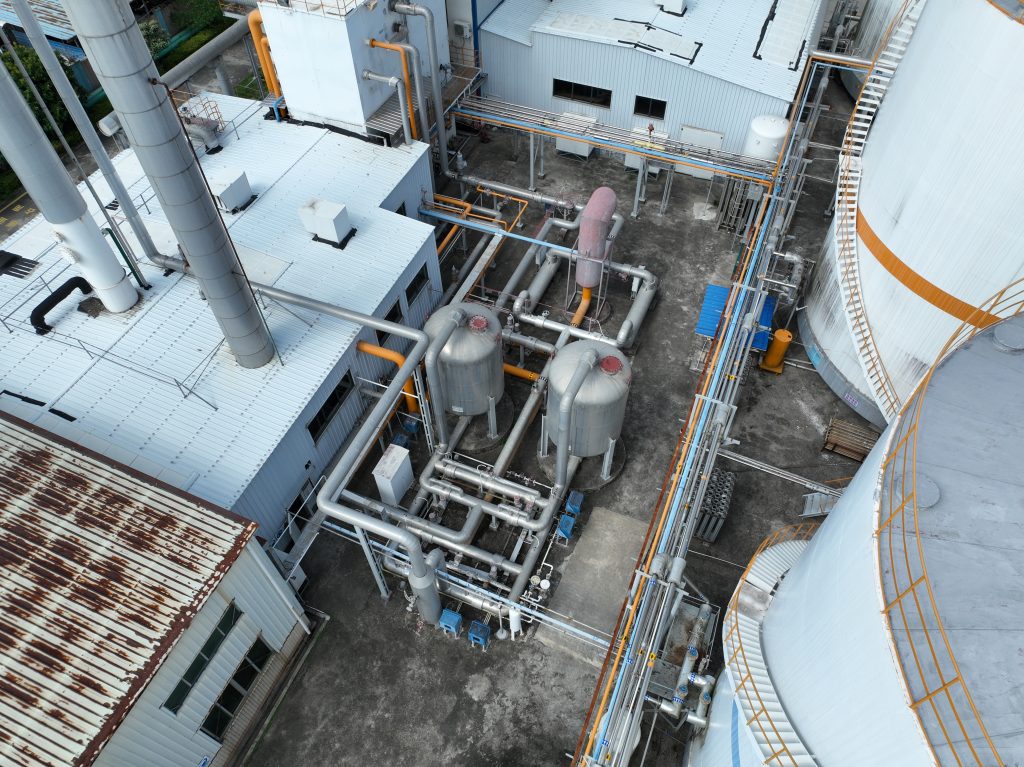Table of Contents
- Introduction
- What Is Helium-1 Gas?
- Key Properties of Helium-1 Gas
- How Helium-1 Gas Is Produced
- Main Applications of Helium-1 Gas
- YIGAS Group: Leading Manufacturer of Helium Gas
- Helium vs. Helium-1: Understanding the Difference
- Safety and Storage Guidelines
- Summary Table: Key Takeaways on Helium-1 Gas
Introduction
Helium is one of the most essential gases in both industrial and scientific domains. Within this context, the term Helium-1 gas often arises, especially in technical applications that demand precision and advanced performance. But what exactly is Helium-1 gas, and how does it differ from other helium variants? This article dives deep into its definition, uses, and significance in modern technology, while also introducing YIGAS Group, a major global supplier of helium and other industrial gases.
What Is Helium-1 Gas?
Helium-1 (He I) gas typically refers to helium in its normal gaseous state, specifically at temperatures above its lambda point (2.17 K). In scientific discussions, especially within cryogenics, “Helium-1” is used to distinguish it from “Helium-2,” which is superfluid helium below 2.17 K. While both are isotopes of the element helium, they exhibit different physical properties based on temperature and pressure.
In industrial use, Helium-1 is commonly just called helium gas and is valued for its inertness, low boiling point, and non-reactive nature. It’s used in applications from cryogenics to leak detection and aerospace.

Key Properties of Helium-1 Gas
Helium-1 gas exhibits a range of unique characteristics that make it indispensable for various industries:
- Chemical Symbol: He
- Atomic Number: 2
- Boiling Point: -268.93°C (4.2 K)
- Density: 0.1786 g/L at STP
- Odorless, Colorless, and Tasteless
- Inert and Non-Toxic
- Non-Flammable and Extremely Light
How Helium-1 Gas Is Produced
Helium is primarily extracted from natural gas fields that contain high concentrations of helium. The typical steps include:
- Extraction: Sourcing natural gas with helium concentrations of 0.3% or more.
- Purification: Removal of other gases like nitrogen, methane, and carbon dioxide.
- Liquefaction: Cooling the gas to isolate and compress helium into liquid form for storage or transportation.
- Re-Gasification: Helium-1 is delivered in its gaseous form for end-use applications.
Main Applications of Helium-1 Gas
1. Cryogenics
- Helium-1 is the only gas cold enough to reach temperatures near absolute zero, making it vital in superconducting magnet systems and MRI scanners.
2. Aerospace and Aviation
- Used in space applications to purge rocket fuel tanks and as a coolant for satellite and spacecraft components.
3. Semiconductor Manufacturing
- Helium’s thermal conductivity and inert nature make it ideal for cooling high-performance electronics and plasma etching in chip fabrication.
4. Leak Detection
- Because helium atoms are so small, they are used in precision leak detection for vacuum systems, nuclear reactors, and refrigeration units.
5. Medical Applications
- Helium gas is blended with oxygen to treat respiratory conditions like asthma and COPD.
- It’s also used in MRI machines for maintaining superconducting magnets.
6. Welding
- Helium is used as a shielding gas in arc welding, especially for aluminum, stainless steel, and other non-ferrous metals.
7. Scientific Research
- Helium-1 is essential in particle accelerators and low-temperature physics experiments due to its stability and low boiling point.
YIGAS Group: Leading Manufacturer of Helium Gas

One of the leading industrial gas suppliers in China is YIGAS Group, which has been in the business since 1993 and formally established its corporate group in 2012. YIGAS specializes in the production and distribution of various industrial gases, including:
Why Choose YIGAS Group?
- 30+ years of experience in industrial gas manufacturing
- 500+ million yuan in assets
- Over 5,000 satisfied customers in domestic and international markets
- Extensive distribution network covering the Pearl River Delta and beyond
Whether you’re sourcing helium for aerospace use or industrial welding, YIGAS Group offers high-purity, reliable helium gas with professional service and technical support.
Helium vs. Helium-1: Understanding the Difference
There is often confusion between general helium gas and the term “Helium-1.” Here’s how to differentiate them:
- Helium (He): Refers to the element in general, used in balloons, cooling, and more.
- Helium-1 (He I): The form of helium used above 2.17 Kelvin, typically in cryogenic and scientific applications.
- Helium-2 (He II): Superfluid helium used below the lambda point for advanced cryogenic systems.
Safety and Storage Guidelines
While helium is generally safe, proper handling and storage are crucial:
- Store helium cylinders upright in a cool, well-ventilated area.
- Keep away from high heat and open flames (though helium is non-flammable, high pressure can be dangerous).
- Always use a regulator and secure the cylinder during transport and use.
- Never inhale helium – while often used for voice alteration, it can displace oxygen and cause asphyxiation.
Summary Table: Key Takeaways on Helium-1 Gas
| Aspect | Details |
|---|---|
| Definition | Helium gas in its normal state above 2.17K; often used synonymously with general helium gas |
| Key Properties | Non-toxic, inert, colorless, odorless, lightweight, boiling point of -268.93°C |
| Applications | Cryogenics, aerospace, medical, welding, leak detection, electronics |
| Major Supplier | YIGAS Group – Founded in 1993, over 5,000 customers served globally |
| Other Gases Offered by YIGAS | Ethylene, Methane, Acetylene, Argon, CO₂ |
| Safety Tips | Store upright, ventilated area, use regulators, avoid inhalation |
Conclusion: Helium-1 gas is a crucial element across high-tech, industrial, and medical sectors. With its unique physical properties and versatile applications, it continues to play a central role in scientific and commercial advancements. YIGAS Group, with its decades of experience and wide distribution network, stands out as a trusted partner for high-quality helium supply worldwide.

